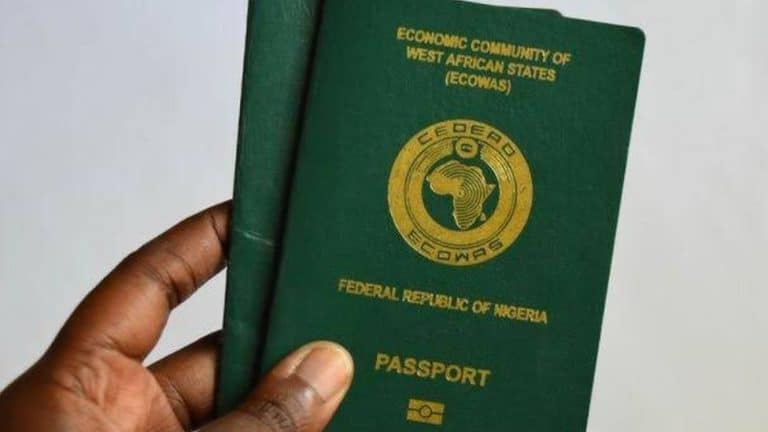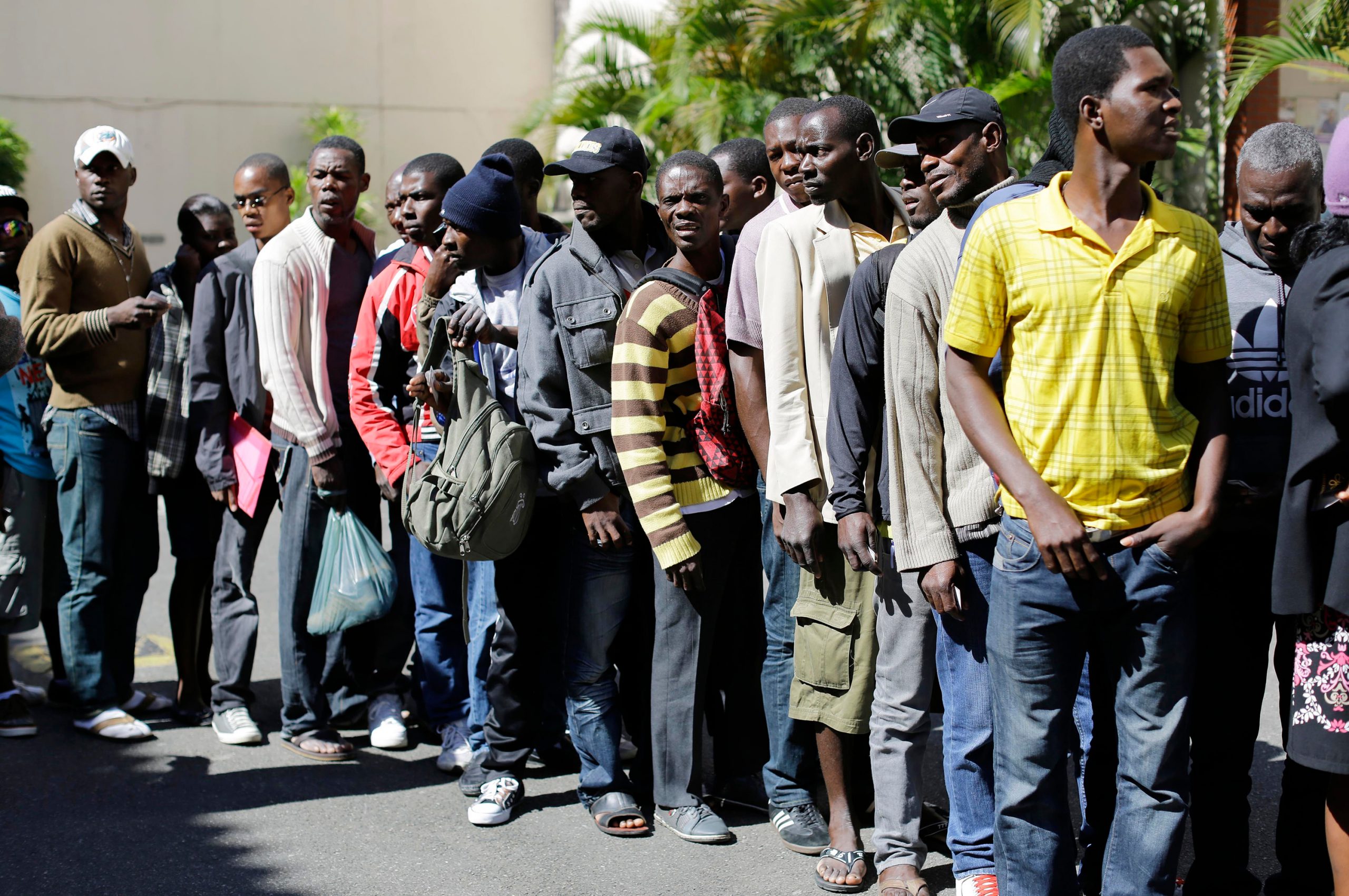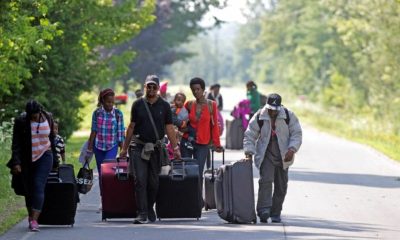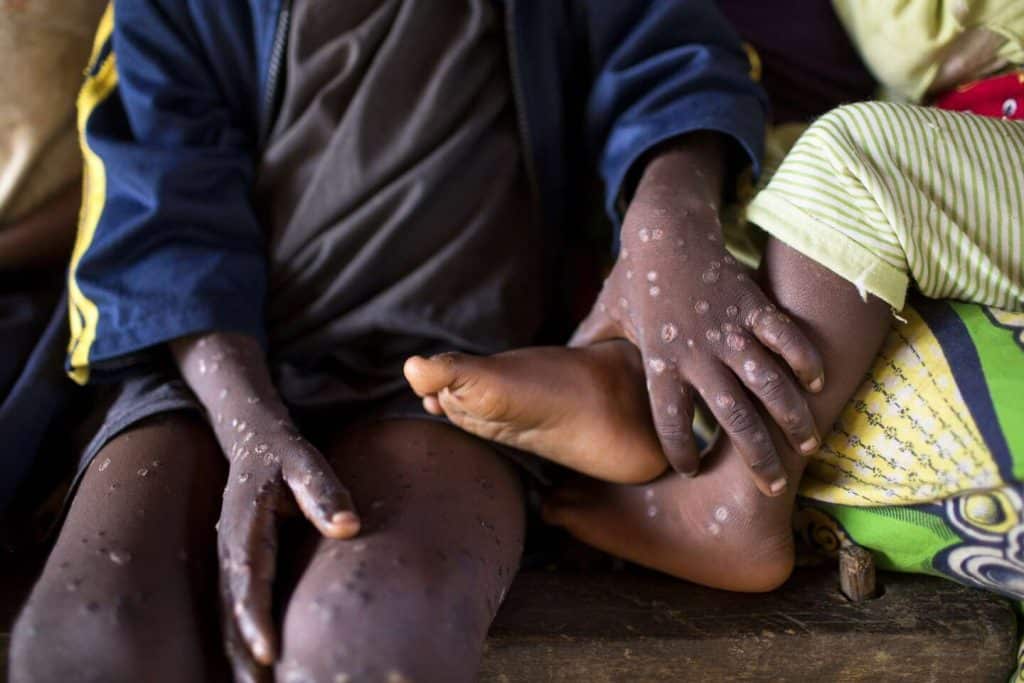International
Africa’s Migration Crisis: The ‘Japa’ Syndrome and the Global Refugee Struggle

- Africa’s migration crisis worsens as economic hardship, conflict, and climate change force millions to seek better opportunities abroad.
- Nigeria’s “Japa” syndrome accelerates as skilled professionals, especially in healthcare and tech, migrate in search of stability and better wages.
- Urgent global action needed to address root causes, improve refugee resettlement, and foster international cooperation.
Migration and refugee crises have become defining global challenges, affecting millions of people and shaping international policies. The movement of individuals across borders is driven by a complex interplay of economic, political, environmental, and social factors. In Africa, factors such as political instability, economic downturns, and restrictive policies have accelerated migration trends, particularly the “Japa” syndrome in Nigeria, where professionals—especially medical personnel—are leaving in droves. This report explores the root causes, consequences, and personal stories of migration while incorporating expert analysis on potential solutions.
EDITOR’S PICKS
- 45% of Nigerian Girls Become Mothers Before 18 — World Bank
- ECOWAS Faces Historic Defection as Three West African Nations Withdraw
- Netanyahu to Meet Trump at White House Next Week
ROOT CAUSES OF MIGRATION
Migration occurs for various reasons, ranging from voluntary economic pursuits to forced displacement due to conflict and environmental disasters.
Conflict and Political Instability: Wars, persecution, and oppressive regimes force individuals to flee their home countries. In Africa, conflicts in Sudan, the Democratic Republic of Congo, and Ethiopia have displaced millions. Political repression and poor governance
Economic Hardship and the “Japa” Syndrome: Many migrants seek better employment opportunities and improved living conditions. The economic disparity between regions drives people from developing nations to wealthier countries. In Nigeria, the “Japa” trend has seen skilled professionals—especially doctors, nurses, and IT specialists—relocate to countries with better job security, wages, and living conditions due to inflation, high unemployment, and insecurity.
Climate Change and Environmental Disasters: Rising sea levels, droughts, and natural disasters displace communities. In countries like Somalia and Chad, prolonged droughts have exacerbated food shortages, leading to forced migration.
Persecution and Human Rights Violations: Ethnic and religious minorities, LGBTQ+ individuals, and political dissidents often escape persecution, seeking asylum in more tolerant societies. In Cameroon and Eritrea, political crackdowns and religious discrimination continue to push people out.

CONSEQUENCES OF MIGRATION
The large-scale movement of people has profound social, economic, and political implications for both migrants and host countries.
Impact on Host Countries: Migration can boost economies by providing labour but also strains infrastructure, social services, and housing markets. In the UK, Canada, and the U.S., the influx of Nigerian and African professionals has bolstered the healthcare and tech sectors. However, it has also sparked debates about immigration limits and integration.
Challenges for Migrants and Refugees: Many face exploitation, xenophobia, and difficulties in accessing healthcare, education, and employment. African migrants in Libya, for example, have suffered abuse while attempting to cross the Mediterranean to Europe.
Brain Drain and Socioeconomic Decline in Home Countries: The mass exodus of professionals leaves home countries with weakened healthcare, education, and business sectors. Nigeria, for example, faces a doctor-to-patient ratio crisis as thousands of healthcare workers migrate yearly.
FURTHER READING
- [VIDEO] Commotion Rocks PDP BoT Meeting as Faction Confront Each Other
- NiDCOM Prepares for Deportation of Nigerians from U.S
- BREAKING: Sowore Pleads Not Guilty to Cybercrime Charges Filed by Police IG
PERSONAL STORIES OF MIGRATION
Behind statistics and policies are human stories of resilience, suffering, and hope.
A Nigerian Nurse’s “Japa” Journey: Amid rising insecurity and poor wages, Joy, a trained nurse, left Lagos for the UK, where she found stability but struggles with cultural adjustments and family separation.
Sudanese Refugees in Chad: Amina and her family fled Sudan after war broke out, finding refuge in Chad’s overcrowded camps, where access to food and medical aid is scarce.
Migrants Lost at Sea: Thousands of Africans attempting to cross the Mediterranean on makeshift boats have drowned, while others endure extreme hardship in detention centres after being intercepted.
EXPERT ANALYSIS ANS SOLUTIONS
Improving Refugee Resettlement Programs: Experts advocate for policies that enhance integration, job training, and access to education in host countries.
Addressing Root Causes: Investing in conflict resolution, climate resilience, and economic development in origin countries can reduce forced migration. For instance, job creation programs and security reforms in Nigeria could help curb the “Japa” trend.
International Cooperation: Coordinated efforts among governments, NGOs, and international organizations are crucial in managing migration flows and protecting human rights.
Migration and refugee crises are among the most pressing humanitarian issues of our time. Africa’s migration struggles, particularly in Nigeria, underscore the urgent need for sustainable policies that address insecurity, economic decline, and governance failures. Understanding the root causes, consequences, and personal narratives is essential in shaping policies that balance security with compassion. The global community must work together to create sustainable solutions that uphold human dignity and foster inclusive societies.
Click here to watch our video of the week:
Advertise or Publish a Story on EkoHot Blog:
Kindly contact us at ekohotblog@gmail.com. Breaking stories should be sent to the above email and substantiated with pictorial evidence.
Citizen journalists will receive a token as data incentive.
Call or Whatsapp: 0803 561 7233, 0703 414 5611

















